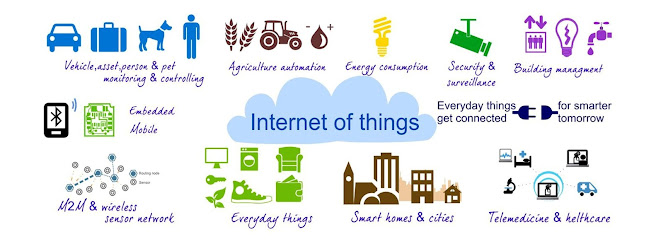Ethical Issues in Digital Communication
In this blog post I am exploring how ethics in digital communication is important and why modern communication professionals need to know and understand it.Ethics in the media field is usually defined as a set of principles and practices to follow. However it is more than just about being right or wrong. It is about choosing the best outcome for the situation at hand. Digital ethics goes even further and deals with the online communication amongst its users, how the technology is being used and what information is learned.
The Society of Professional Journalists has a Code of Ethics they recommend for all journalists to follow. While not following them is not against the law, it is certainly frowned upon and will jeopardize your chances of landing employment, it is used so journalists and other media professionals will act responsibly.
Media Ethics Magazine reported that digital manipulation is a growing problem with communication professionals and can have the audience question whether the article or post is genuine. For instance, an article in the New York Daily News of November 2000 shown a picture of then president Bill Clinton shaking hands with Fidel Castro, however the two leaders never shook hands, even though the newspaper article implied that they did.
 |
| Source: Cubanexilequarter |
Or how about a more recent example in which communicators trick or "fudge" the data by manipulating through its algorithms and other metrics. This practice is called data crafting and it can create confusion and distrust. Other major concerns in digital ethics include plagiarism, privacy, and sharing of information. To combat these "evils" nonprofit organizations such a Data & Society has done extensive research on the topic to assist professional communicators in learning about digital ethics. It is imperative that organizations such as Data & Society exist and are maintained to preserve the profession's integrity.
References
Data & Society. (2020, n d). Data &
Society. Retrieved from datasoceity.net: https://datasociety.net/
Media Ethics Magazine. (2012, Fall). Concept: Media
ethics in the digital age. Media Ethics, 24(1). Retrieved from
https://www.mediaethicsmagazine.com/index.php/browse-back-issues/144-fall-2012/3998645-concept-media-ethics-in-the-digital-age
Society of Professional Journalists. (2014,
September 6). SPJ Code of Ethics. Retrieved from SPJ.org:
https://www.spj.org/ethicscode.asp
Suarez, J. (2014,
December 23). Castro, Kissinger, Carter, Clinton, Obama and the Long Game. Notes
from the Cuban exile quarter. Retrieved from http://cubanexilequarter.blogspot.com/2014/12/castro-kissinger-carter-clinton-obama.html


Comments
Post a Comment